
CDM / GHG / SUSTAINABILITY / ENVIRONMENTAL / SYSTEM
AUDITING & TRAINING SERVICES
- Home
- About us
- Services
- CDM audits
- VCS audits
- Gold Standard audits
- Social carbon audits
- Climate Community & Biodiversity Alliance audits (CCB – forestry audits)
- REDD mechanism forestry audits
- Plan Vivo audits
- Climate Bond Certification
- Joint Crediting Mechanism (JCM, Japan) certification
- Sustainability Reporting & Assurance
- MRV, NAMA, INDC and related interventions
- WCD compliance auditing
- Opportunities
- Projects & Services Rendered
- Clients
- Downloads & Links
- Reach us
Social carbon audits
Social Carbon audits conform to a standard that “certifies emission reduction projects for their contribution to sustainable development.” It is “founded on the principle that transparent assessment and monitoring of the social and environmental performance of projects can improve their long-term effectiveness and thus add value to the emission reductions generated.” Its goal is to ensure a project’s contribution to sustainable development, improve social and environmental benefits, and contribute to project differentiation in the market.
The SOCIALCARBON Standard is founded on the principle that transparent assessment and monitoring of the social and environmental performance of projects can improve their long-term effectiveness and thus add value to the emission reductions generated. Six aspects of project sustainability are individually measured using the SOCIALCARBON hexagon: carbon, biodiversity, social, financial, human and natural.
Understand the SOCIALCARBON Standard through ABC (Assess, Build and Commit) :
Assess your project: The Standard uses a set of analytical tools that assess the social, environmental and economic conditions of communities affected by emission reduction projects, measuring contributions to sustainable development through continuous monitoring.
Build together: Another key element is the active participation of local communities. From the outset, local stakeholders undertake responsibility for the continued evaluation and improvement of a given project. This participation employs the full potential of human and natural resources to ensure stable and beneficial outcomes.
Commit to improve: The focus on a project’s lifelong sustainability is one of the distinctive features of SOCIALCARBON. The Standard is applied and independently verified according to each project monitoring period to encourage progress and ensure continual improvements.
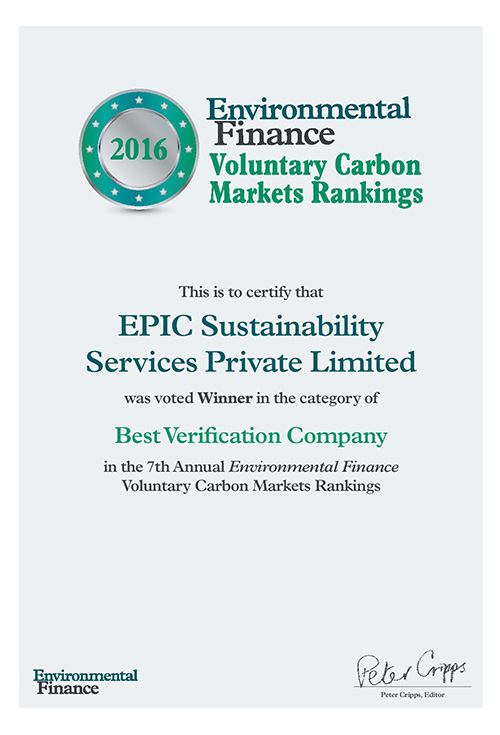
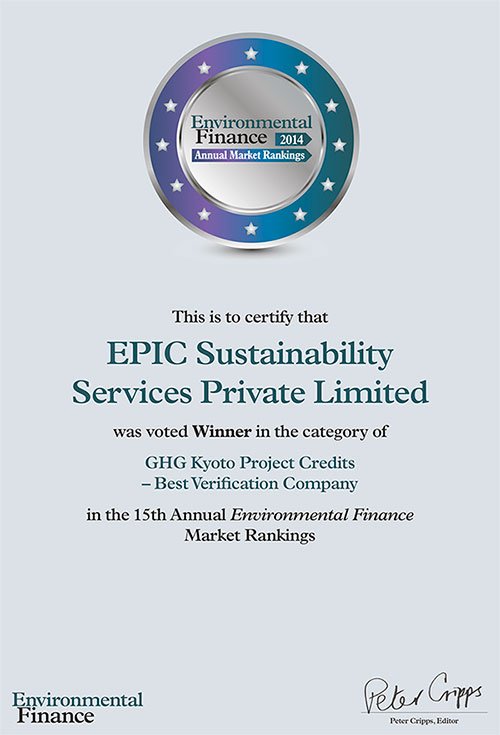
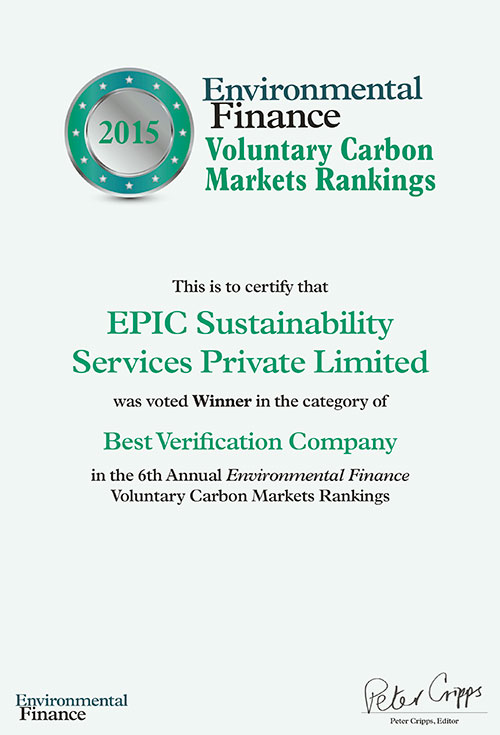
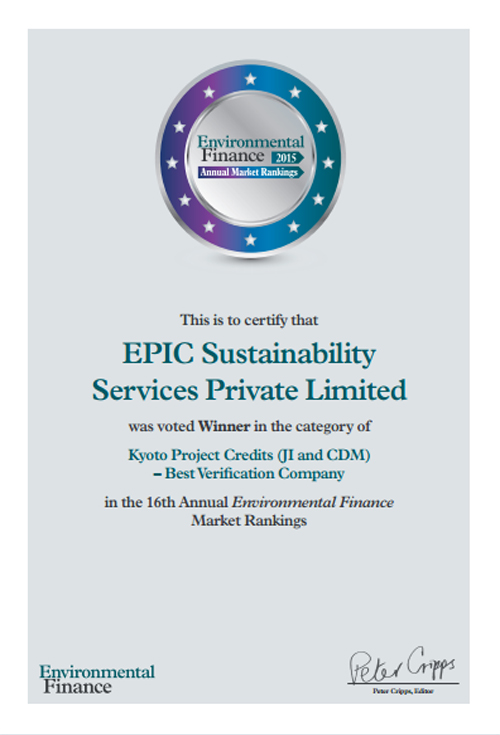
Awards & Recognitions
What our clients are saying
News and Updates
Our Services
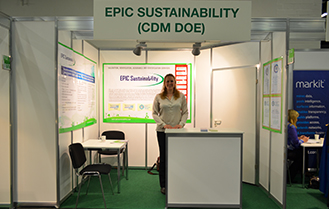
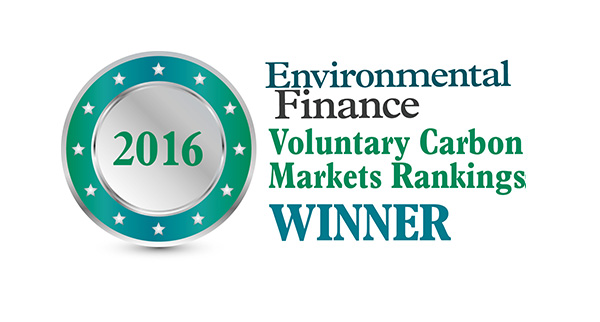
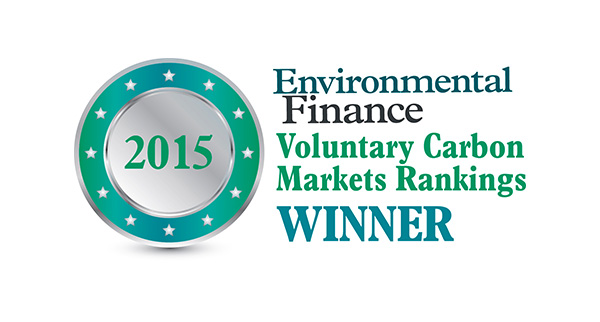
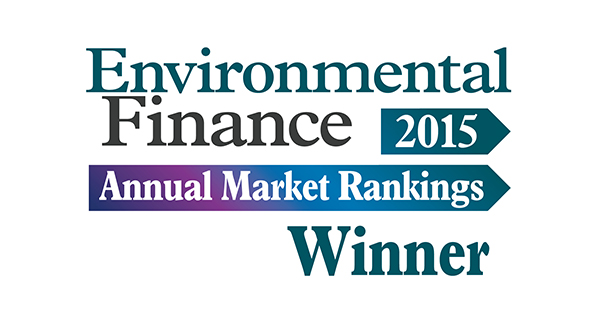
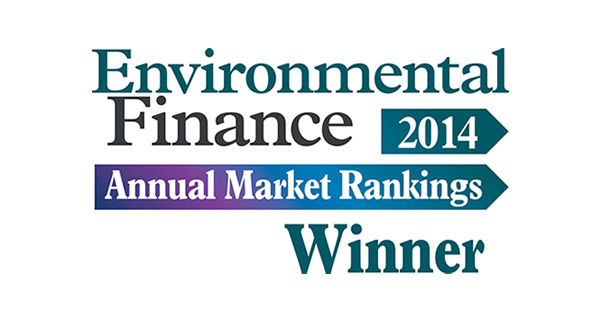
 LinkedIn
LinkedIn  Facebook
Facebook  Google +
Google +  Blog
Blog  Instagram
Instagram  Twitter
Twitter  Tumblr
Tumblr